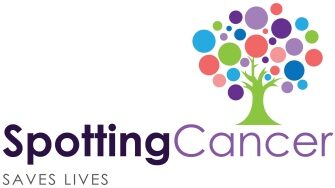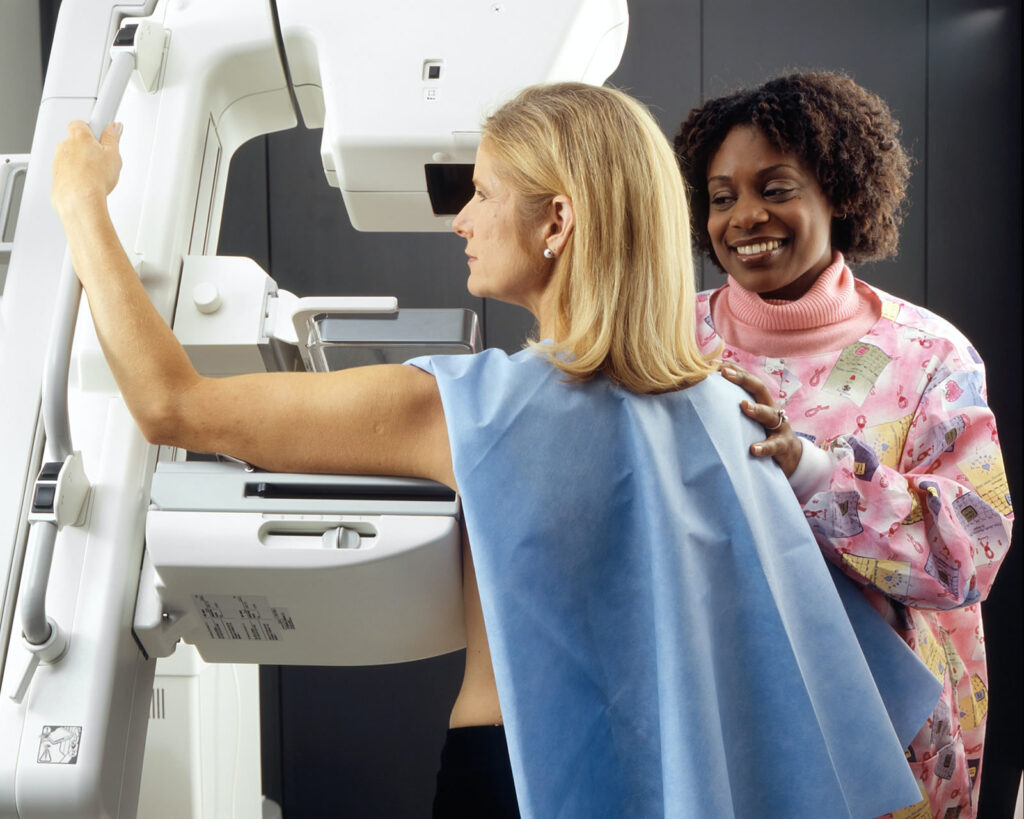Cancer Survivors Follow Up
One of the toughest things breast cancer survivors face is the risk of their breast cancer coming back or the possibility of developing an unrelated, second cancer.
Even once they are in remission, there is always a lingering question for breast cancer survivors, “Am I at risk for developing cancer again?”
A recent groundbreaking study published in the American Cancer Society Journals has the key answers:
- The risk of new cancer diagnoses among breast cancer survivors is 20% higher for those with Hormone Receptor-positive cancers (HR-positive).
- The risk of new cancer diagnoses among breast cancer survivors is 44% higher for those with Hormone Receptor-negative cancers (HR-negative).
- Women who were first diagnosed with breast cancer before the age of 50 also have a greater risk for subsequent cancer compared to women with later-onset breast cancer.
Download Our Spot and Survive Guides Free Now!
Learn the signs to potentially save yours and your family’s life.
Subsequent primary cancer for survivors of breast cancer is nothing new to oncologists, but this study is the first to examine the risk of cancer recurrence by breast cancer characteristics such as tumor subtypes and diagnosis age of breast cancer.
Spotting Cancer Bonus
What’s the difference between HR-negative and HR-positive breast cancer?Hormone Receptor-Negative breast cancers have a tendency to grow faster compared with Hormone Receptor-Positive breast cancers and are more commonly diagnosed in women who have not yet gone through menopause. In addition, HR-Negative breast cancers do not have estrogen or progesterone receptors hence, hormone therapy drug treatments are not helpful for this type of breast cancer.
If you’re not aware, ask your doctor if you are diagnosed with HR-negative or HR-positive breast cancer.
How does this study impact your future action?
Here’s a quick, “in a nutshell” answer: if you know what you’re up against, you’re better prepared to face it.
Data from this study contributes to the overall goal of breast cancer survivors to help detect any recurring cancer as early as possible and, as an added bonus, they are now able to identify important risk factors.
Dr. Sung, the primary author of this study says it best:
“With most women living decades after a breast cancer diagnosis, it is important to identify survivors at higher risk for future cancers and provide tailored recommendations for risk reduction and early detection”.
How to monitor your body for early detection
- Make Spotting Cancer’s 5 Steps to spot cancer a habit: Click here to sign up for the Cancer Detection Squad, if you aren’t already a part of it
- If you have completed breast cancer treatment, you should still continue to see your doctor for regular checkups and to schedule your mammogram.
- Follow your post-treatment plans.
- Find additional resources for early cancer detection such as:
- Cancer.org’s Follow up Care After Breast Cancer Treatment
- American Cancer Society’s guidelines for early cancer detection: Find Cancer Early
Conclusion
Even if you have survived breast cancer, you know the last day of your radiation treatment or chemotherapy infusion only heralds the beginning of your new journey: life after breast cancer.
Armed with the knowledge provided in this study, you’re better equipped to ask your medical team the right questions about the possibility of cancer recurrence. You’re also better able to assess yourself for probable risks and take the necessary next steps to spot recurring cancer early.
*The original study was first published in:
Cancer, an international interdisciplinary journal of the American Cancer Society, publishing high-impact, peer-reviewed original articles and solicited content on the latest clinical research findings.
Publication date: 18 May 2021 | https://doi.org/10.1002/cncr.33602

